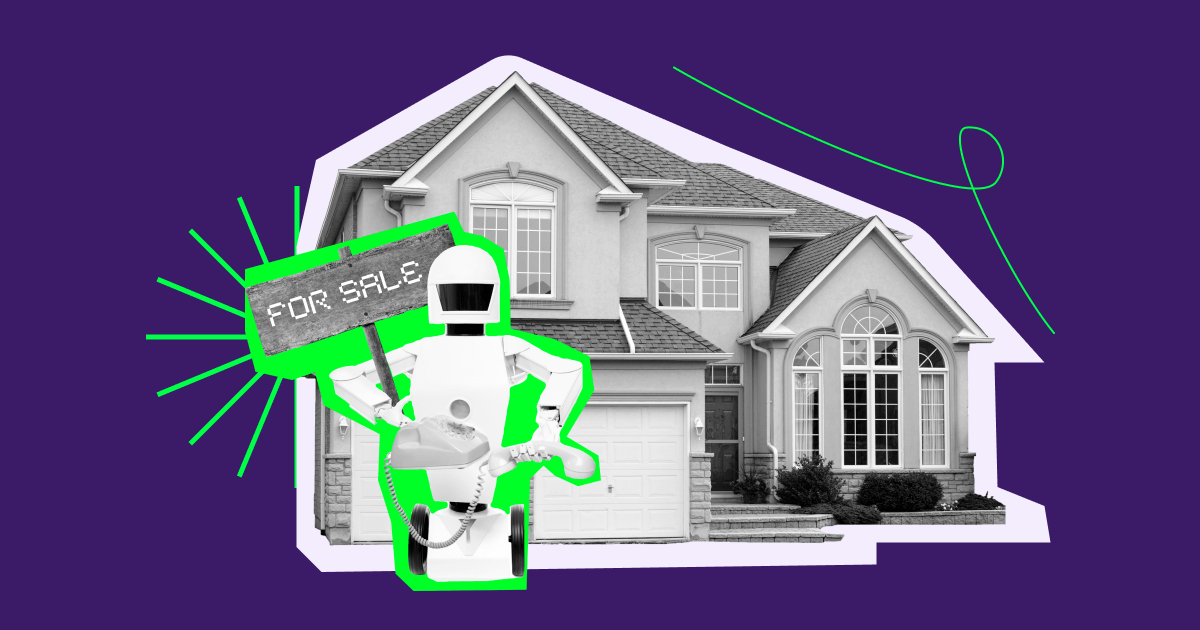Work out the sales funnels
A sales funnel is a visual representation of the buyer’s journey, from the initial awareness stage to the final conversion. When you make a map of your sales funnel, it helps you understand how people become customers and what needs to be improved. If you don’t know how to build an email marketing funnel and its different stages or how prospects move through it, you may miss out on valuable opportunities to optimize your marketing and sales efforts.
In real estate, a typical sales funnel may include stages such as lead capture, lead nurturing, property viewing, negotiation, and closing the deal. By optimizing each stage of the sales funnel, you can increase your chances of converting leads into satisfied clients. For example, you can automate a real estate follow-up email after a property viewing. Or you can send personalized offers based on a lead’s preferences.
Take care of security issues
Using any type of technology can pose a potential security risk. And this is true for real estate marketing automation systems too. These systems typically store a wealth of sensitive information, including client contact details, property listings, financial data, and transaction histories. If these systems are not adequately protected, there is a risk of unauthorized access or data breaches. So, it’s important to take steps to mitigate these risks.
When using real estate marketing automation systems, be sure that you use an encrypted internet connection when accessing your account. Make sure to use a secure HTTPS/SSL connection when conducting business and avoid using public Wi-Fi networks that are not secure. This will help prevent any unauthorized users from intercepting sensitive data or information stored in the system.
Make sure you are using a secure login with multi-factor authentication. Multi-factor authentication adds an extra layer of security, requiring users to enter additional information (like a code sent via text message or email) to log in to their accounts.
Keep all software and hardware up-to-date with the latest patches and fixes. This will help ensure that any known security vulnerabilities are patched up, reducing the risk of an attack on your system.
Engage with your customers
Maintain a personal touch and engage with your customers. Automated marketing can facilitate this by enabling personalized interactions and timely follow-ups.
Use automation tools to send personalized emails, birthday greetings, or holiday wishes to your clients. There are many real estate email ideas that you can use to inform and engage your customers.
Add chatbots to your website or social media pages. This will help you answer people’s questions right away. Use technology to see what your customers like and give them better advice. Talk to customers so they have a good experience and so they might recommend your business to other people.





















